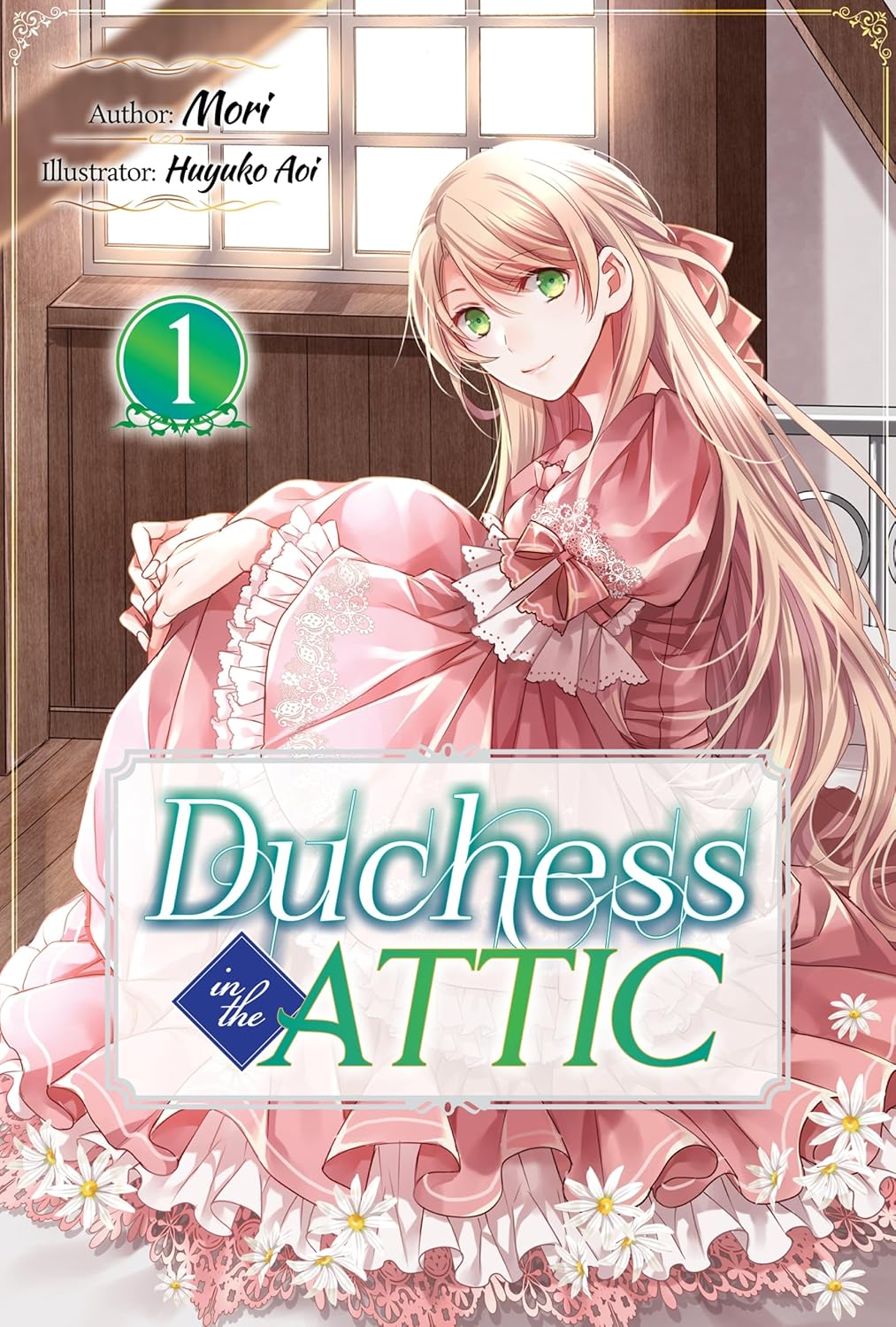By Mori and Huyuko Aoi. Released in Japan as “Yane Urabeya no Kōshaku Fujin” by Kadokawa Books. Released in North America by J-Novel Heart. Translated by piyo.
This is the sort of book that I call an “eat your veggies first” book. You know there’s good stuff coming. You want to get to the cool, good stuff. But you have to get the setup for all the cool, good stuff. And sometimes, even though it’s good for the book, it just tastes horrible. The first quarter of this book made me grind my teeth – which is entirely intentional on the part of the author, I assure you. This book has a message, and that message is “the sexist patriarchy is awful”. This is a message, by the way, that resonates through the entire book. Yes, our heroine manages to turn the tables and be incredible and badass and make us proud, but every step reminds us that she is limited in what she can do because she is a woman. So even the dessert is, like, carrot cake or something. But it still tastes good.
When the book opens, Opal, an earl’s daughter, is sexually assaulted at a party when some random dude kisses her, pushes her to the ground, and runs away. This destroys her reputation, infuriates her father, who thinks she should never have let it happen to her, and results, a couple of years later after the fuss has died down a bit, in her being married off to a duke who is trying to clear his sizeable debts with her family’s money. This despite the fact that she clearly has a thing for her childhood friend. But he’s a baron, so oh well. What’s worse, Hubert, her new husband, clearly despises her, seeming to only have eyes for the wheelchair bound and frail Stella, a women who lives in his mansion with everyone doting on her. As for Opal? She lives in the attic. In fact, she chooses to live in the attic.
Folks who read my reviews know that I take a dim view of the “evil beyond all reason” noble, the sort who rapes servants and kicks puppies, and the best thing about this volume is that there’s no one like that here. This may puzzle readers who are just starting the book, as it looks as if everyone in this book except Opal and her childhood friend Claude is vile. And they’re not nice people. But then you get a few POV from Hubert showing off his naivete, bluster, and trauma from a past tragedy, and you also see him trying to become a better person for Opal. You also realize, as the book goes on, that Opal is a lot more like her father than she’s comfortable with, and that a lot of all the terrible things he did was because he expected her to clean house and stand tall, and he’s mostly flummoxed that she’s done it in a totally different way than he thought. I also loved the fakeout that we get over the second half of the narrative, where it appears that then book is going for a cliched, annoying ending, and then kicks it in the face. Sorry, please be content with being a better person.
This book takes place over the course of an entire decade, and ends with all its plotlines wrapped up. I am thus very surprised to see there’s a second book. But I’ll happily read it. It may go down with difficulty at first, though.

